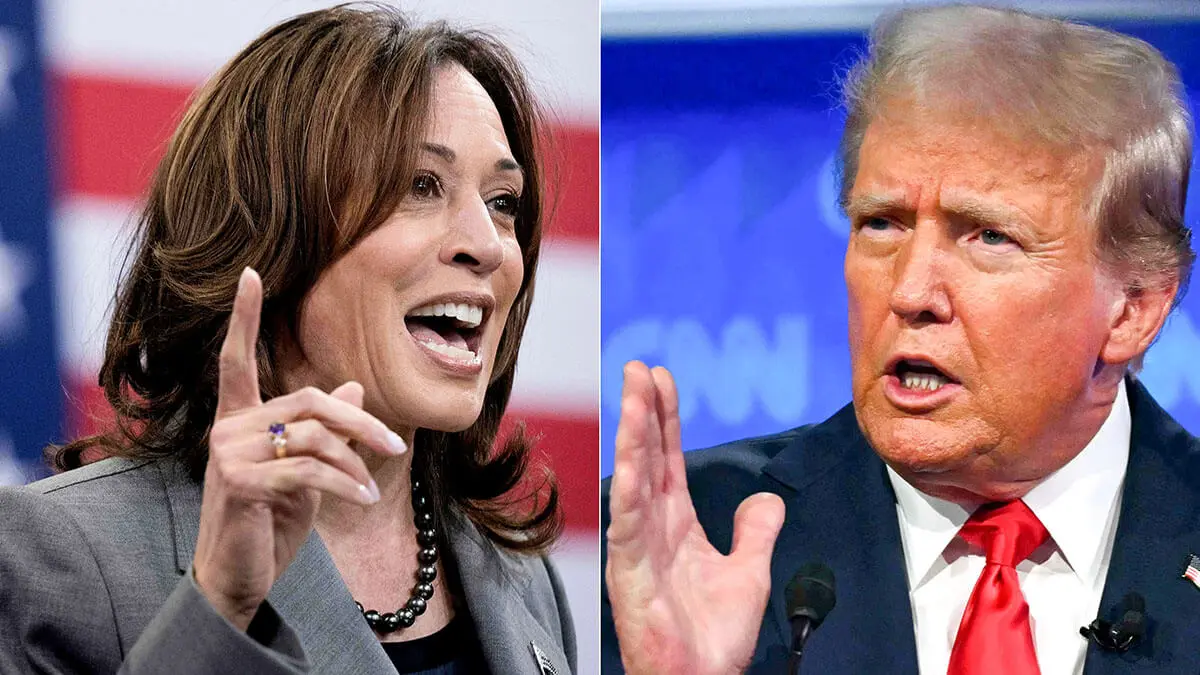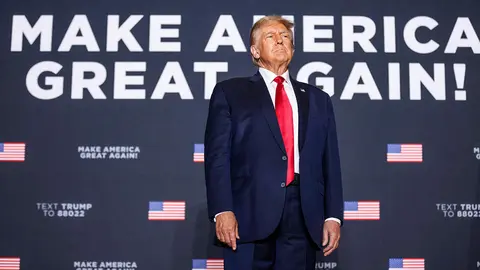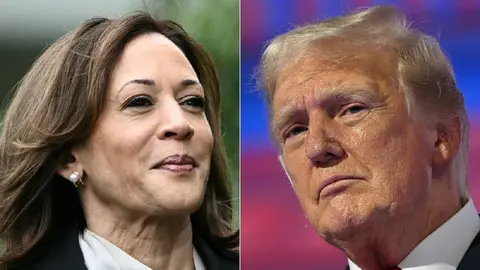If Kamala wins the debates, yes she can

Polls show a dead heat between the candidates once Republicans and Democrats have closed ranks at their respective conventions around the prosecutor who is now vice-president and the tycoon who became president. In both cases, conservatives of different stripes and liberals, more moderate and more progressive, have assumed that the time had come for unity within the two parties. The anti-Trumpists have become MAGAS in the Republican party and the Clintonians have looked in the mirror of the progressives, to chant with them Barack Obama's slogan, now in feminine form: yes she can.
But Kamala Harris knows, as does Donald Trump, that the conventions have served to tie in voting expectations, but not to win the elections on 5 November. To do so, it is necessary to mobilise both electorates broadly and to get more than 70 million voters in each case to register and vote, as happened in the 2020 elections. Then, Democrats took to the streets to stop Trumpism and Republicans voted en masse to respond to the ultra-progressive riots. The result gave victory to a moderate representative of the establishment, Joe Biden, who understood the hidden message of millions of voters: ‘make America again’. However, in the autumn of 2024 it will be more difficult to know whether the candidates are able to motivate a better-off society economically, and two very open ideological spheres in both parties, with minorities and voters who may be tired of so much polarisation, cultural superficiality and inconsistent electoral demagoguery.
Campaign teams know that no Democrat will vote for Trump and no Republican will put their trust in Kamala Harris. But at the same time they suspect that many voters of both parties will not turn out enthusiastically. The withdrawal of the independent Kennedy and his support for the Republicans is significant in understanding the disorientation of some sectors uncommitted to the populist and uncouth struggle of the two blocs. And if televised debates are traditionally a means of winning the undecided vote, in this campaign the debates may serve to win the confidence of non-militant Republicans and Democrats, who are essential if the outcome in the most hotly contested states, Wisconsin, Michigan, Pennsylvania, North Carolina, Georgia and Arizona, is to be decided in favour of one of the tickets.
The confrontations on television in the coming weeks will have the dual function of confirming the convinced and convincing the unconfirmed, within each social and ideological sector: young people, minorities, politically disconnected middle classes. This is not an easy strategy and has led to the first disputes over formats. The Republicans prefer a first debate with personal interventions without interruptions so as not to scare off unmotivated voters, while the Democrats are calling for an open discussion to show an agile and assertive candidate, capable of imposing herself on Trump.
Although the debate could be delayed or even not take place, the campaign will revolve in part around this direct confrontation between the candidates, which could benefit Kamala Harris more than the well-known polemicist Donald Trump. But ever since Kennedy defeated Nixon in 1960 and Reagan took the White House in the 1980s, television has been the star medium of campaigning in the United States. Obama, despite his victory on social media, had to beat his rivals on television as well. It served as a catapult for Trump and a rocking chair for Biden. Now he has regained interest and has launched a campaign that before the summer seemed to be over. Whoever wins the debates will win the election. Even if the debate does not happen, the medium will be the message. Even if of the medium, in 2024, only his name will remain.



